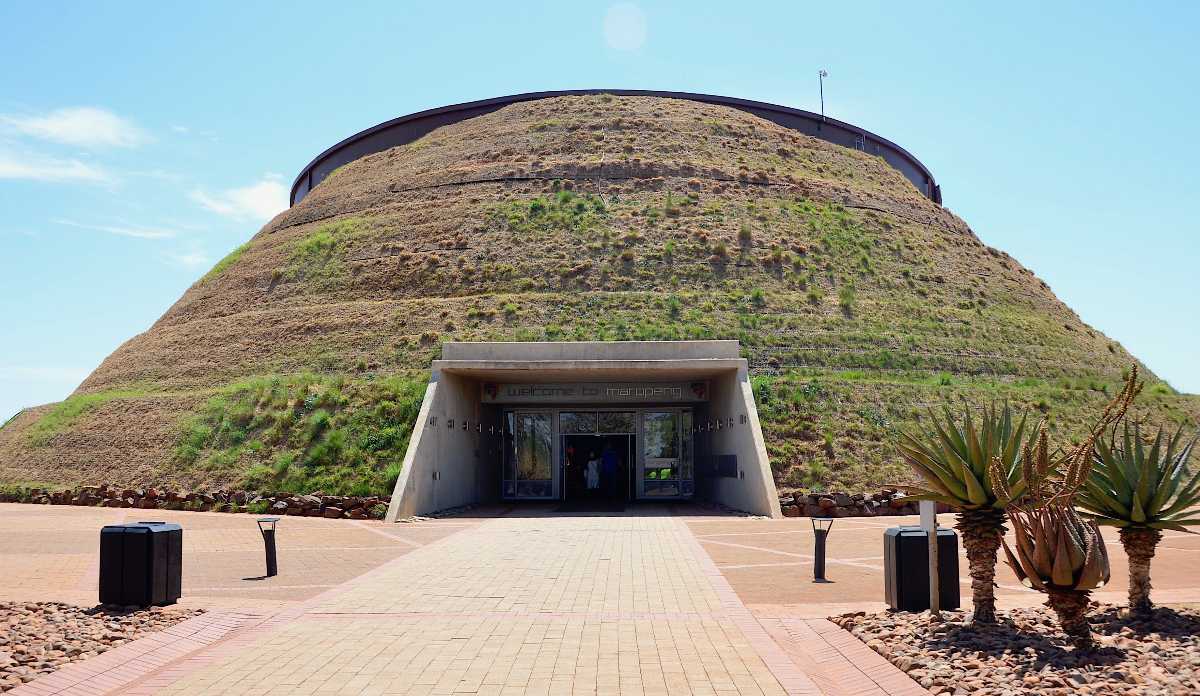4 Easy Facts About Johannesburg North Attractions Explained
More About Johannesburg North Attractions
Table of ContentsJohannesburg North Attractions for BeginnersThe Ultimate Guide To Johannesburg North AttractionsThe Greatest Guide To Johannesburg North AttractionsThe Basic Principles Of Johannesburg North Attractions Unknown Facts About Johannesburg North AttractionsThe Buzz on Johannesburg North AttractionsGetting The Johannesburg North Attractions To Work
You ought to maintain safety and security in mind and visitors should stay alert at all times when in unfamiliar surroundings. Talk with the residents when you are in community to find out regarding the area you are staying in. Johannesburg North attractions. When on the road (this does not use to shopping center and other secure atmospheres) ideal basic guidance is to attempt your ideal to look like a regional and to stay clear of showing any form of wide range
Rumored Buzz on Johannesburg North Attractions
Teacher Revil Mason O. J. (Thomson, 1946) discovered the Witwatersrand's pre-colonial background. His archaeological work exploded the 'em pty land' myth, according to which the area was empty of human habitation prior to the arrival of European inhabitants. In his magazines Prehistory of the Transvaal: A Document of Human Task (1962) and Beginnings of Black Individuals of Johannesburg and the Southern Western Central Transvaal AD 3501880 (1986 ), Teacher Mason showed the extent of social and economic growth in the area prior to Europeans set foot here.

Top Guidelines Of Johannesburg North Attractions
In 1878, David Wardrop discovered gold in quartz veins at Zwartkop, north of Krugersdorp. In 1881, Stephanus Minnaar came across gold on the ranch Kromdraai, near the Cradle of Humankind.
In March 1886, an outcropping (quickly to be called the Main Coral reef) was discovered, quite luckily, on Gerhardus Oosthuizen's farm Langlaagte. Some claim that the Lancastrian coal miner George Walker discovered this coral reef. One more travelling English prospector, George Harrison (that had actually previously operated in Australian mines) obtained a prospecting permit in regard of Langlaagte in Might 1886.
He made a decision to go on in a quest for greener pastures, and disposed of his Langlaagte insurance claim for the baronial amount of 10. Alas: under lay the richest goldfield ever discovered. The exploration of this rich auriferous coral reef prompted a gold rush that signalled completion of agrarian serenity in the southerly Transvaal.
It would, within 6 years, come to be the largest town in southerly Africa. Within a decade, it would make the Z. A. R. until then an anarchical and bankrupt little state the wealthiest country in Africa. By the turn of the century, the Z. A. R. was to exceed Russia, Australia and the USA of America to become the globe's leading gold manufacturer, creating greater than a quarter of the globe's gold.
Get This Report about Johannesburg North Attractions
It was called Ferreira's Camp, called after Colonel Ignatius Ferreira. He was a Boer traveler upon whom the British authorities had actually bestowed the standing of Buddy of the Most Differentiated Order of St Michael and St George (entitling him to the post-nominal letters C. M. G.) in gratefulness for his role in the battle that had deposed the Pedi king Sekhukhune in 1879.
Two various other camps were developed: Meyer's Camp on the ranch Doornfontein, and Paarl Camp. The latter was nicknamed Afrikander Camp; several individuals from the Cape Nest cleared up there.

9 Easy Facts About Johannesburg North Attractions Explained
This name got money by word of mouth, such that the State Assistant attested the name to the Mining Commissioner on 9 October 1886. Stands in the village were auctioned on 8 December 1886. While some stands were offered for 10, others were torn down for as low as sixpence.
2 years later on, these erven were to alter hands for as long as 750 each. The tented camps dwindled as a dorp of corrugated iron structures established and expanded north of the mines situated along the Key Coral Reef Roadway. Areas such as Jeppe's Town (where working-class immigrants erected their homes) and Doornfontein (where the wealthy new 'Randlords' started to build their opulent houses) were quickly added to the ever-expanding map of the this content community.
Rumored Buzz on Johannesburg North Attractions
In addition to the street names, there were no indicators of Johannesburg being situated in a Dutch-speaking country. Several years later, C. W. Kearns O. J. (among the initial young boys enlisted at St John's University in 1898) would remember: 'A strange truth regarding Johannesburg was that, although it remained in the [Boer Republic], virtually everyone talked English and also the Government slaves dealt with one in English, unless they were first resolved in the Taal (or Reduced Dutch)'.
Thus, Britain had a passion in making certain optimum conditions for gold production on the Witwatersrand, which the gold was exported to London as opposed to Berlin a vital rendered even more clamant by the Z. A. R - Johannesburg North attractions.'s boosting toenadering with Germany. Mine owners got on a collision course with President Kruger, whose policy of monopolistic giving ins (often provided to his cronies) stopped mining business from obtaining materials of products (especially dynamite) and labour by themselves, less expensive terms
The Main Principles Of Johannesburg North Attractions
In 1890, the Volksraad had actually restricted the franchise to white men who had stayed in the Z. A. R. for fourteen years or longer, hence invalidating the majority of the see here now immigrants (that occurred to be the significant contributors to the fiscus). Nevertheless, frustration for the vote was a mere pretext for promoting a different program; a lot of uitlanders regarded themselves as short-lived site visitors and had no intention of remaining in the Z.